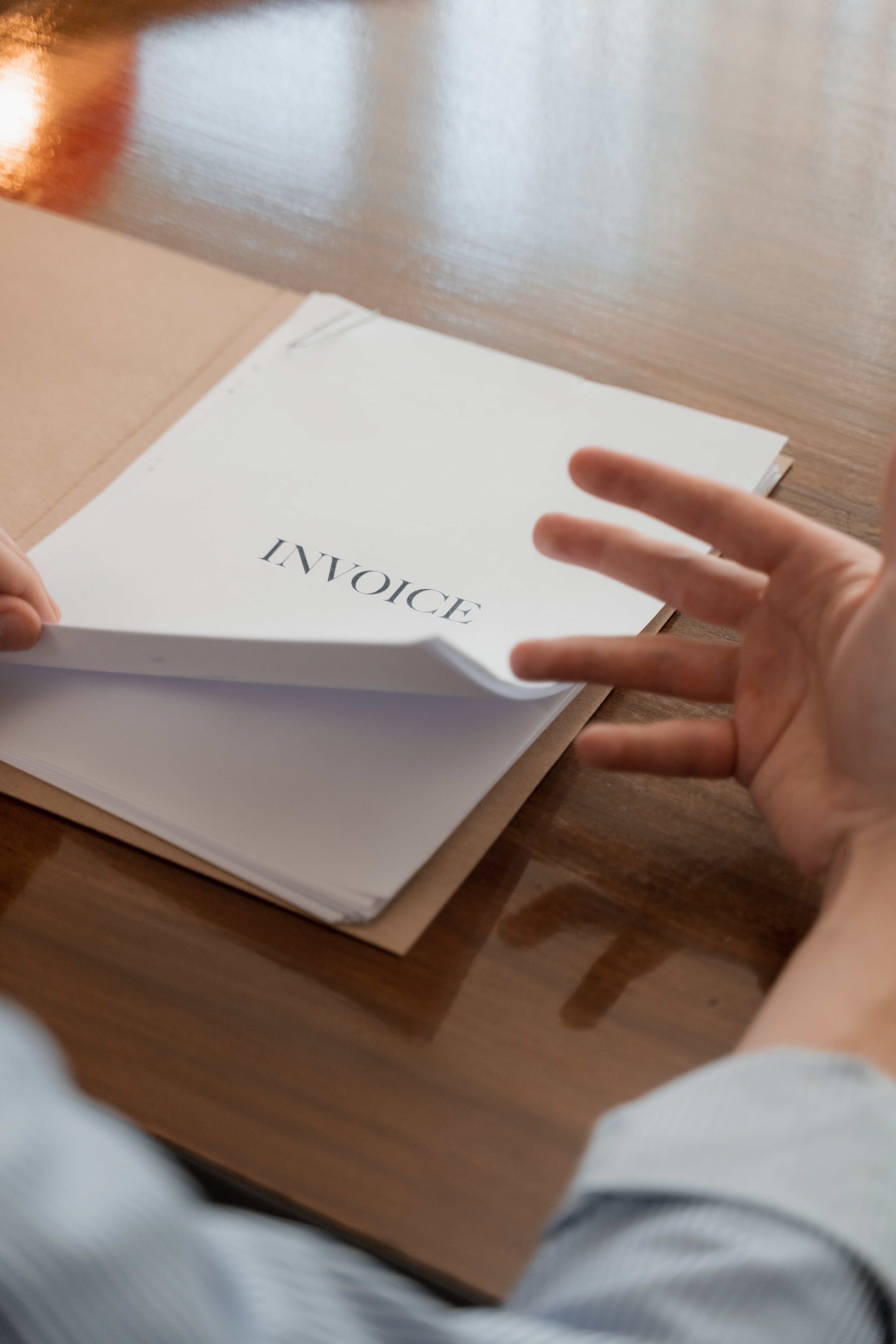AB 766: Proposed California Law Would Require Payment of Cannabis Invoices
by Omar Figueroa
April 5, 2023

A proposed California law would require licensed cannabis businesses (hereafter “licensees”) to pay bills owed to other licensees or face disciplinary action. According to the Digest prepared by the Legislative Counsel, Assembly Bill 766 would require the payment of goods and services sold or transferred by another licensee within certain specified time periods :
This bill would, except as specified, require a licensee to pay for goods and services sold or transferred by another licensee no later than 15 days following the final date set forth in the invoice. The bill would require a licensee who sold or transferred goods to another licensee and who has not received payment in full 15 days after the final date set forth in the invoice to report the unpaid invoice to the department, as specified. The bill would require the department to notify a licensee of this report, and would require the department to commence a disciplinary action against the licensee if the licensee fails to pay the outstanding invoice in full by 30 days after this notification, as specified. The bill would prohibit the licensee from purchasing goods and services from another licensee on credit until the licensee pays the outstanding invoice in full. The bill would, for purposes of these provisions, prohibit the final date set forth in an invoice for payment of the invoice from being later than 30 calendar days from the date the goods or services are sold or transferred.
Notably, AB 766 would require the Department of Cannabis Control to commence disciplinary action against a licensee who fails to pay an outstanding invoice in full. Also, the bill would prohibit the licensee from purchasing goods and services from another licensee on credit until the licensee pays the outstanding invoice in full.
Specifically, the bill would add a new Section 26161.1 to the Business and Professions Code, to read:
(a) (1) A licensee shall pay for goods and services sold or transferred by another licensee no later than 15 days following the final date set forth in the invoice for the cannabis or cannabis products.(2) The 15-day period described in paragraph (1) shall commence with the day immediately following the due date of the invoice and shall include all successive days, including Sundays and holidays. When the 15th day from the due date of the invoice falls on Saturday, Sunday, or a legal holiday, the next business day shall be deemed to be the expiration day.(b) (1) A licensee who sold or transferred goods to another licensee and who has not received payment in full 15 days after the final date set forth in the invoice as required by subdivision (a) shall report the unpaid invoice to the department.(2) A report made pursuant to paragraph (1) shall include all of the following:(A) The sale or transfer date of the cannabis or cannabis products.(B) The invoice due date.(C) The invoice amount.(D) The name, address, and license number of the licensee who failed to pay.(c) (1) The department shall notify a licensee who has been reported pursuant to subdivision (b).(2) The department shall commence a disciplinary action in accordance with Chapter 3 (commencing with Section 26030) against a licensee reported pursuant to subdivision (b) if the licensee fails to pay the outstanding invoice in full by 30 days after the department notified the licensee pursuant to paragraph (1).(d) A licensee who has been reported pursuant to subdivision (b) shall not purchase goods or services from another licensee on credit until the licensee pays the outstanding invoice in full.(e) For purposes of this section, the final date set forth in an invoice for payment of the invoice shall not be later than 30 calendar days from the date the goods or services are sold or transferred.(f) This section does not apply to unpaid cannabis excise tax moneys required to be collected by a distributor.
The bill is set for hearing on April 11, 2023 before the Assembly Committee on Business and Professions. You can track the status of AB 766 by clicking here.
This information is provided as a public educational service and is not intended as legal advice. For specific questions regarding AB 766 or other proposed legislation in California, please contact the Law Offices of Omar Figueroa at 707-829-0215 or info@omarfigueroa.com to schedule a confidential legal consultation.
